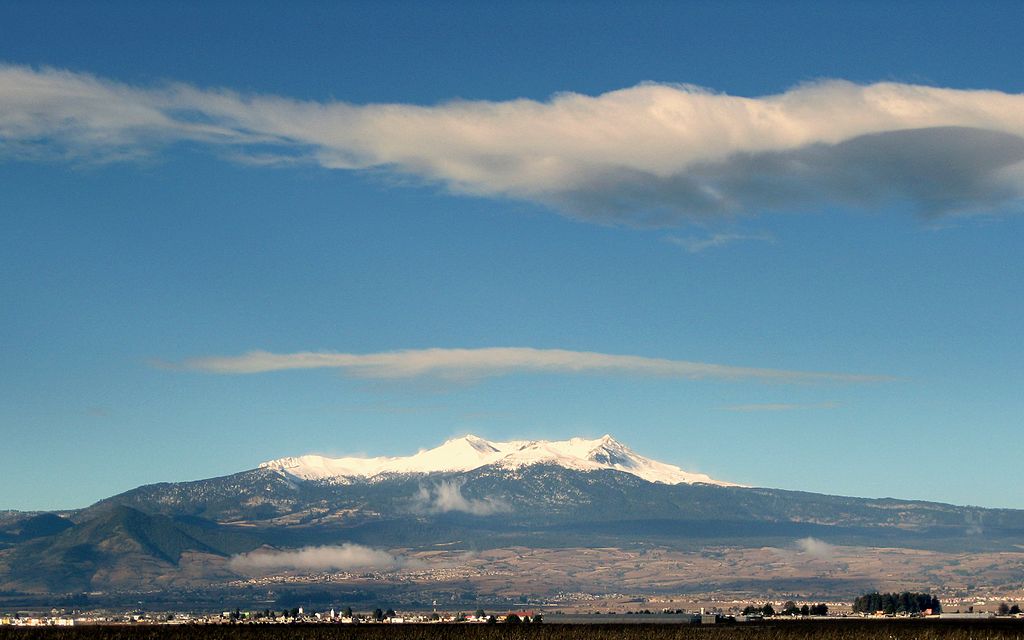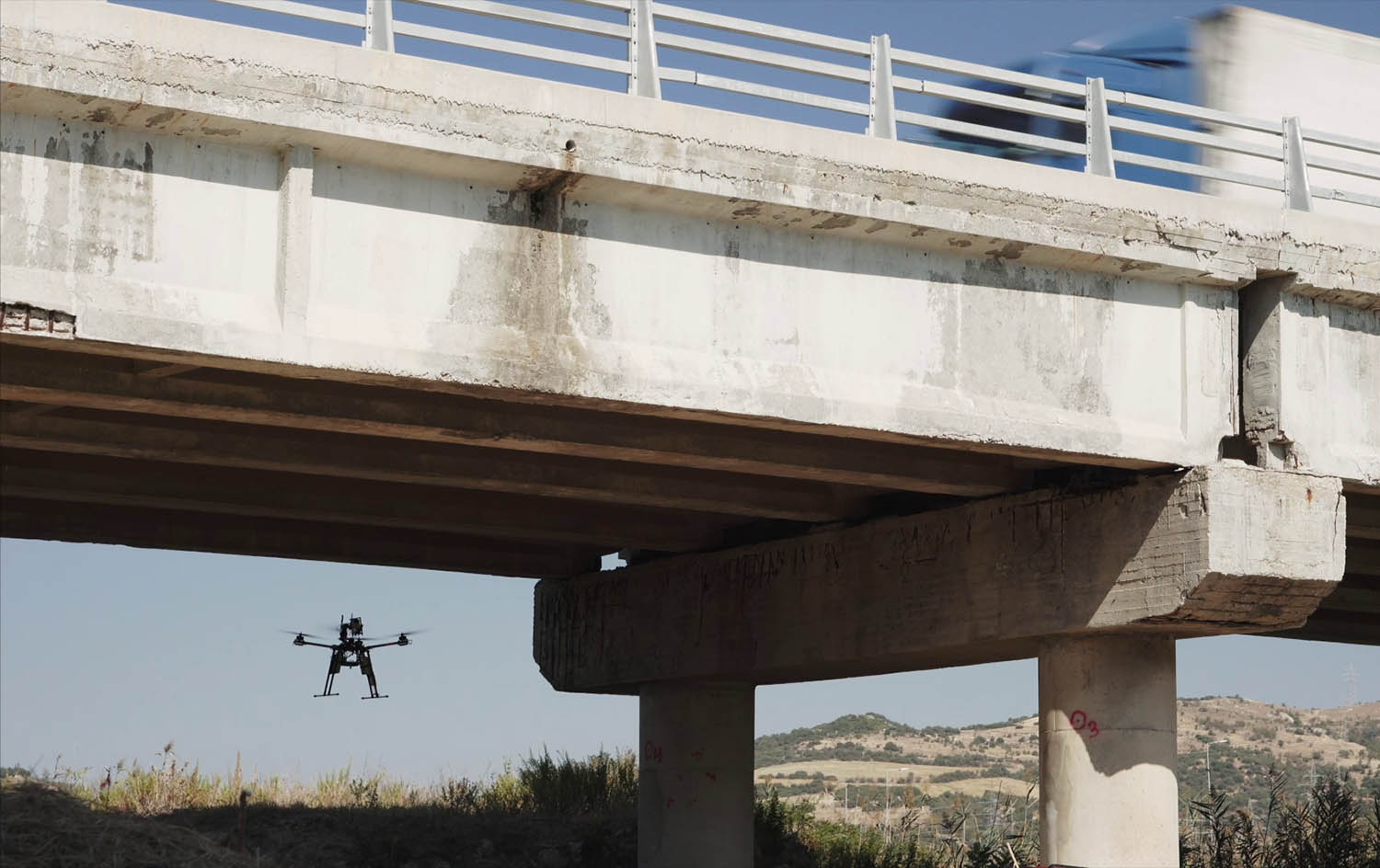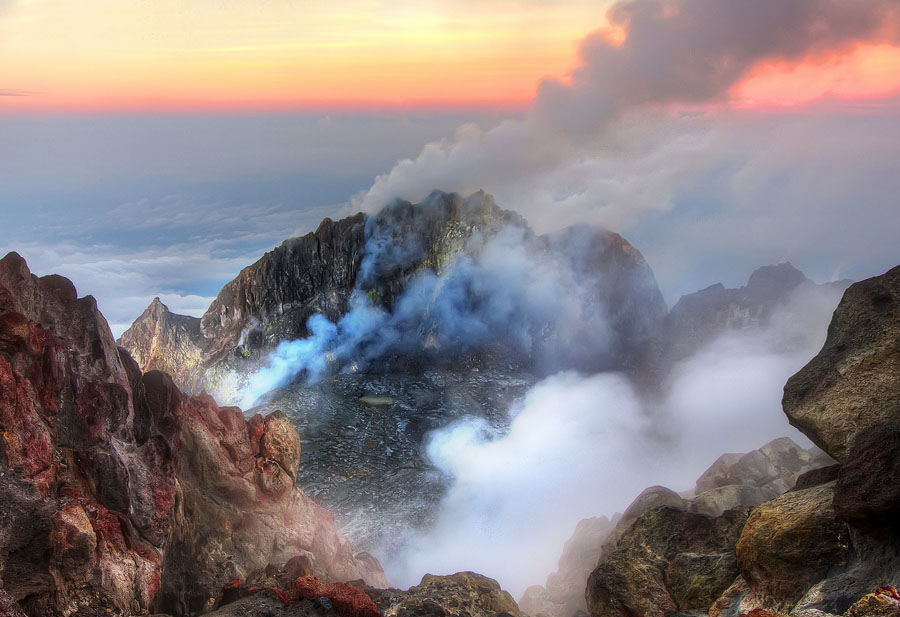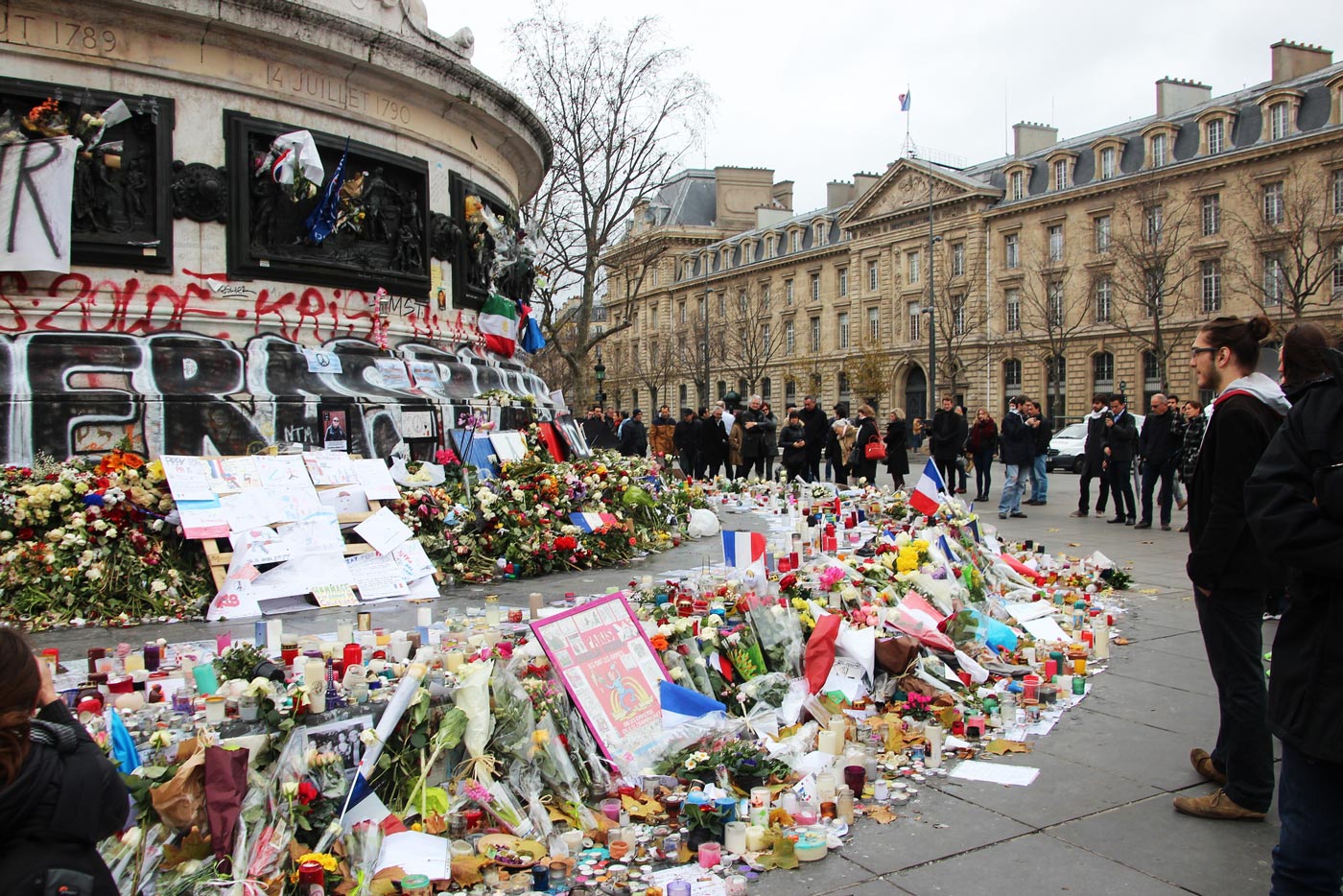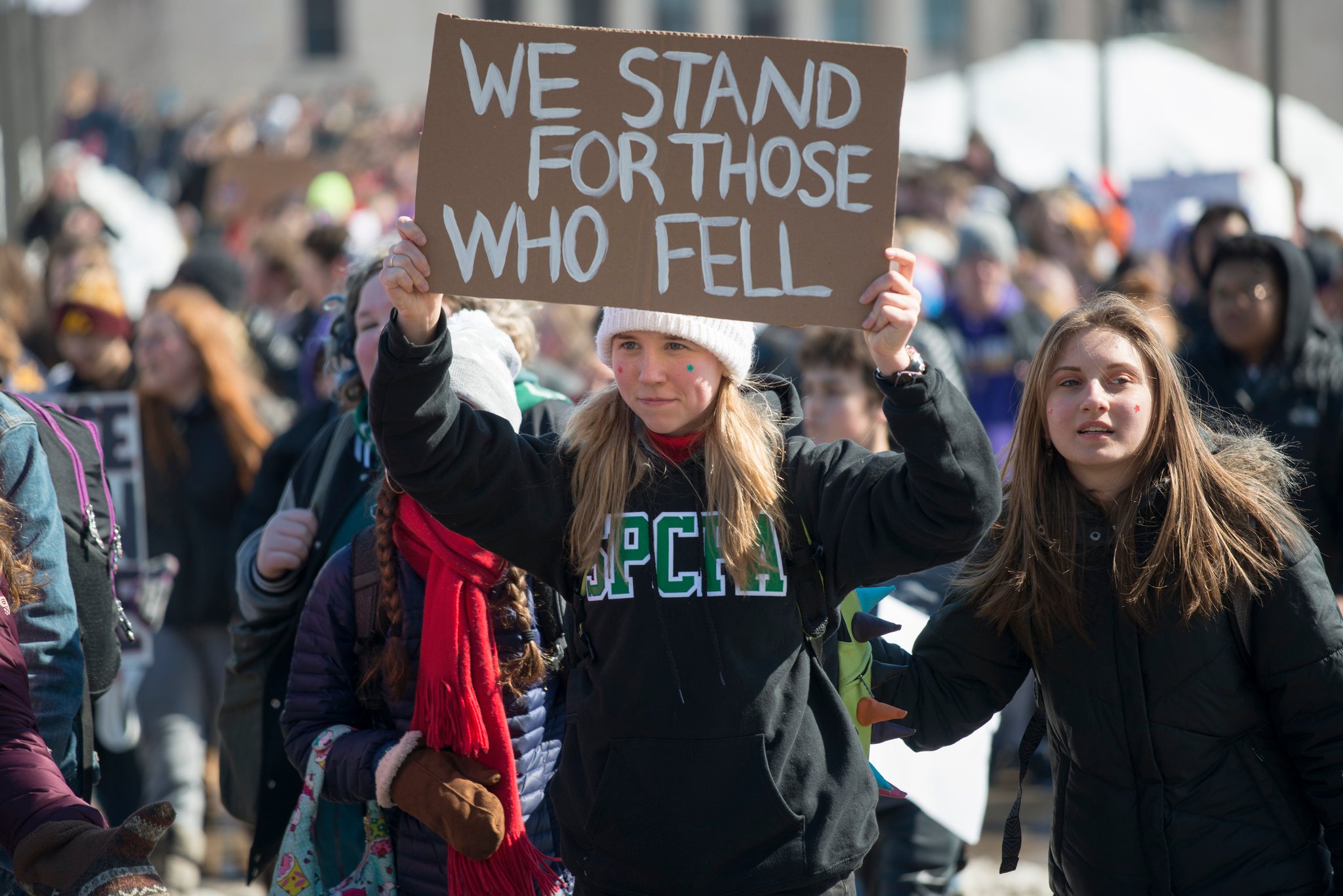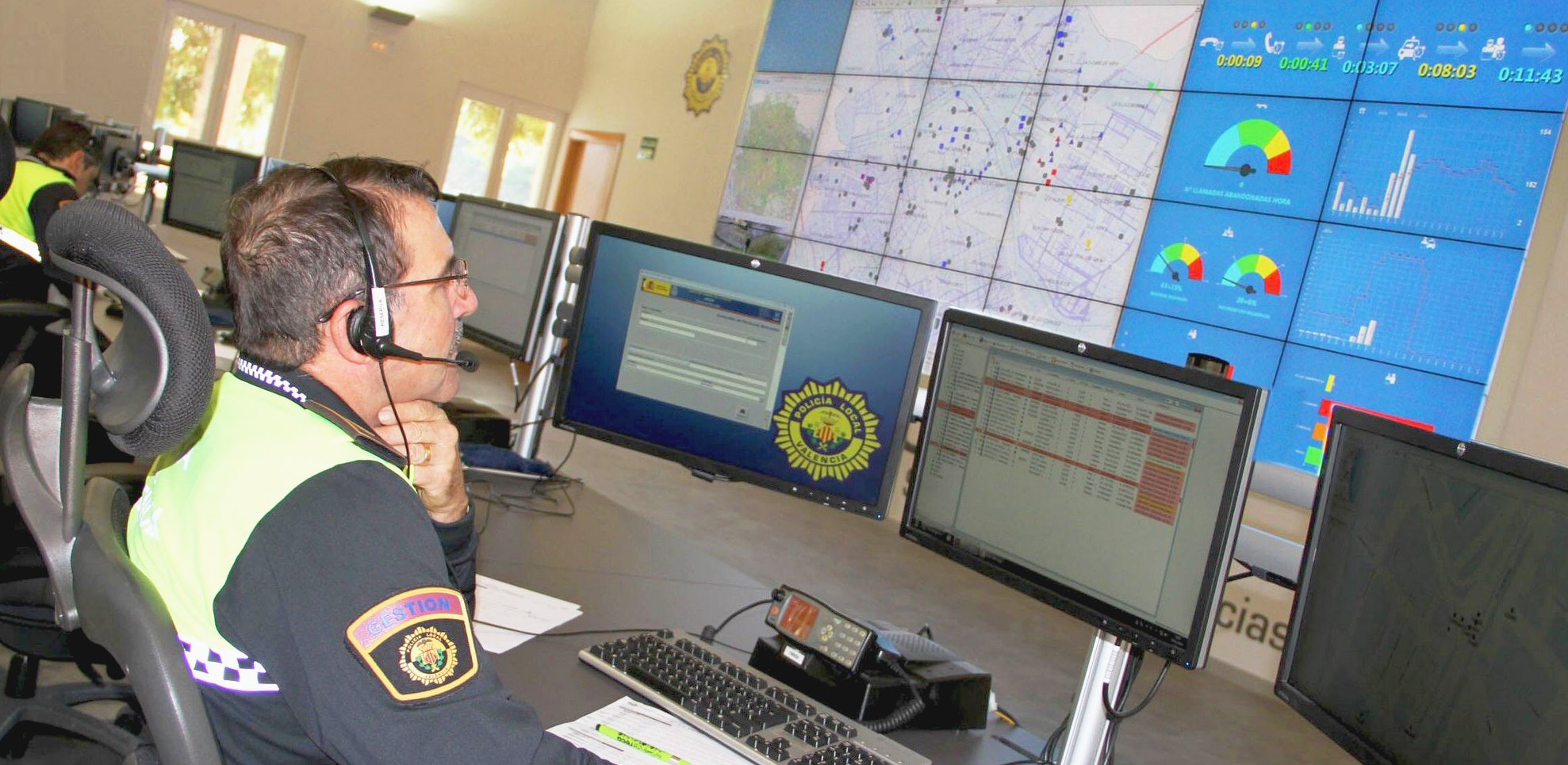Unravelling the when, where and how of volcanic eruptions
There are about 1,500 potentially active volcanoes worldwide and about 50 eruptions occur each year. But it’s still difficult to predict when and how these eruptions will happen or how they’ll unfold. Now, new insight into the physical processes inside volcanoes are giving scientists a better understanding of their behaviour, which could help protect the 1 billion people … Read more

